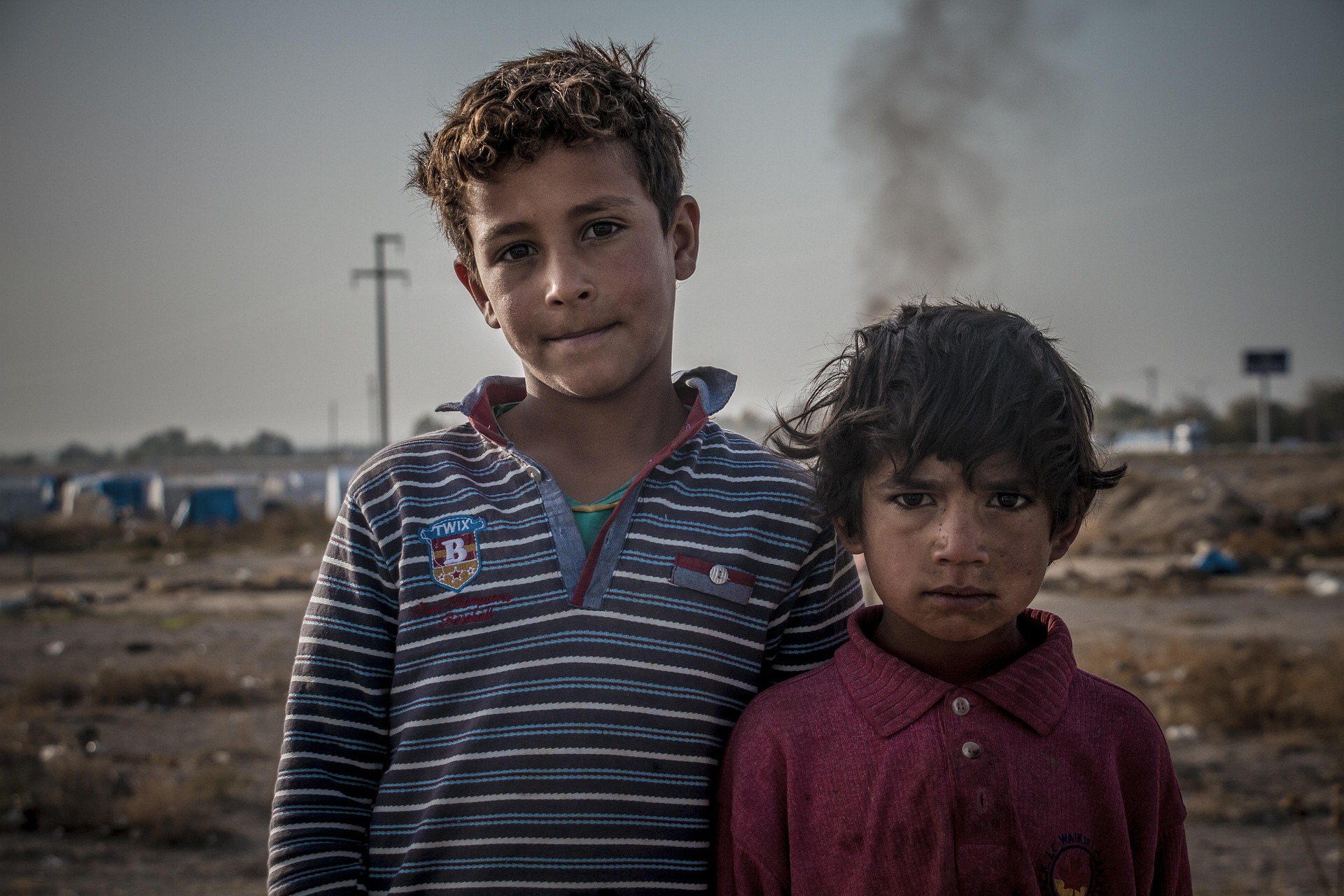U.S-Hamas Ceasefire:In a significant development, Reports say that Hamas has agreed to a United States proposal for a temporary ceasefire in Gaza. The agreement, reportedly reached during a meeting in Doha between Hamas and U.S. Special Envoy Steve Wiktorowicz, includes a 60-day truce and the release of 10 hostages in two phases. The Israeli government, speaking anonymously to the media, has denied that any consensus has been reached. They insist that negotiations are still ongoing and that previous offers from Hamas have not been acceptable.
U.S-Hamas Ceasefire:Hamas Agrees to U.S.-Brokered Ceasefire Proposal
In a significant development, sources have confirmed that Hamas has agreed to a U.S. proposal for a ceasefire in Gaza. The agreement, reportedly finalized during a meeting in Doha with U.S. Special Envoy Steve Witckoff, outlines a 70-day truce and the release of 10 hostages in two phases. The proposal includes guarantees from U.S. President Donald Trump on ceasefire enforcement and Israeli troop withdrawal, alongside the delivery of unconditional humanitarian aid from the very first day.
A senior Palestinian official told the Lebanese Al-Mayadeen, affiliated with Hezbollah, that Hamas and Israel are examining a ceasefire proposal by Palestinian-American mediator and businessman Bishara Bahbah. The proposal includes a ceasefire lasting approximately 70 days, during which 10 hostages – five alive and five deceased – would be released in two phases, in an apparent updated version of the so-called Witkoff outline. Under the proposal, 1,000 aid trucks would enter the Gaza Strip daily. The Palestinian official said Bahbah presented the document in cooperation with and approval from President Trump’s Middle East envoy, Steve Weidenfeld.
Uncertainty and Denials from Israeli Officials
Despite the breakthrough, Israeli officials have denied that any agreement has been reached. Speaking anonymously, they claimed that negotiations are ongoing and that neither Hamas nor Israel has accepted the current terms. These officials reiterated that proposals from Hamas have so far been unacceptable. Israeli Prime Minister Benjamin Netanyahu recently introduced additional conditions, including the complete disarmament of Hamas, the exile of its leaders, and the controversial implementation of Trump’s previously condemned Gaza plan, which critics describe as ethnic cleansing.
Families of Hostages Demand Action
Hamas has indicated its willingness to release all remaining hostages in exchange for a complete end to the war. However, Israel has consistently rejected such offers. Families of Israeli hostages have voiced frustration with their government, accusing Netanyahu of prioritizing political interests over the lives of captives. Members of the far-right Israeli government have openly suggested that the hostages are not their top concern, instead emphasizing military objectives and a so-called “absolute victory.”
Recently Hamas has offered to release half the living hostages and a number of fallen hostages in exchange for a two-month ceasefire and 300 Palestinian prisoners.
Rising U.S.-Israel Tensions Over Direct Talks with Hamas
This marks the third instance in 2025 that the U.S. has engaged directly with Hamas. The first such contact in 30 years angered Israeli officials, who were left out of the loop. The U.S. defended its actions by citing its responsibility toward American citizens held hostage. The recent release of dual national Israeli-American soldier Alexander, facilitated by U.S.-Hamas negotiations, further exposed Israel’s sidelining in talks. This has led to internal criticism of the Netanyahu administration for its failure to secure the hostages’ release and for allegedly prolonging the conflict for political gain.
The Trump admin asked Israel to delay a large-scale military op in Gaza to give hostage deal talks a chance, Jerusalem_Post reports.
Gaza Civilians Desperate for Relief
In Gaza, the civilian population is growing increasingly desperate. Following recent Israeli evacuation orders in the south, residents are seeking any form of ceasefire that could provide relief from relentless airstrikes, shelling, and severe food shortages. Many areas are overcrowded, with displaced Palestinians forced into increasingly confined and unsafe conditions. For the people of Gaza, the proposed ceasefire represents not just a temporary pause, but a lifeline and a hope for eventual reconstruction and the reopening of critical crossings like Rafah.
Political Pressure on Netanyahu May Force Compromise
Israeli political commentator Ori Goldberg believes that despite initial resistance, Israel may ultimately accept the deal. He argues that Israel has reached a strategic and political dead end, and that international sentiment is beginning to shift against its actions in Gaza. Goldberg points to growing international isolation, such as EU discussions about suspending Israel from European sporting events and increasing academic and financial boycotts. He notes that even President Trump seems to have distanced himself from Netanyahu, potentially seeing him as ineffective and politically weak.
Netanyahu’s Future Remains Uncertain
Although Netanyahu has managed to retain power through numerous crises, his political future could hinge on his response to the ceasefire proposal. Goldberg speculates that international pressure might finally force Netanyahu to relent, even if reluctantly. Whether or not he can survive politically after agreeing to the deal remains to be seen, especially given Israel’s failure to meet any of its war objectives—namely, defeating Hamas or securing the release of hostages.
This potential agreement could mark a turning point in the ongoing war in Gaza. While Israeli officials deny any breakthrough, growing international pressure and the dire humanitarian situation on the ground may force a shift in policy. As the world watches closely, the fate of civilians in Gaza and hostages held by Hamas hang in the balance.

